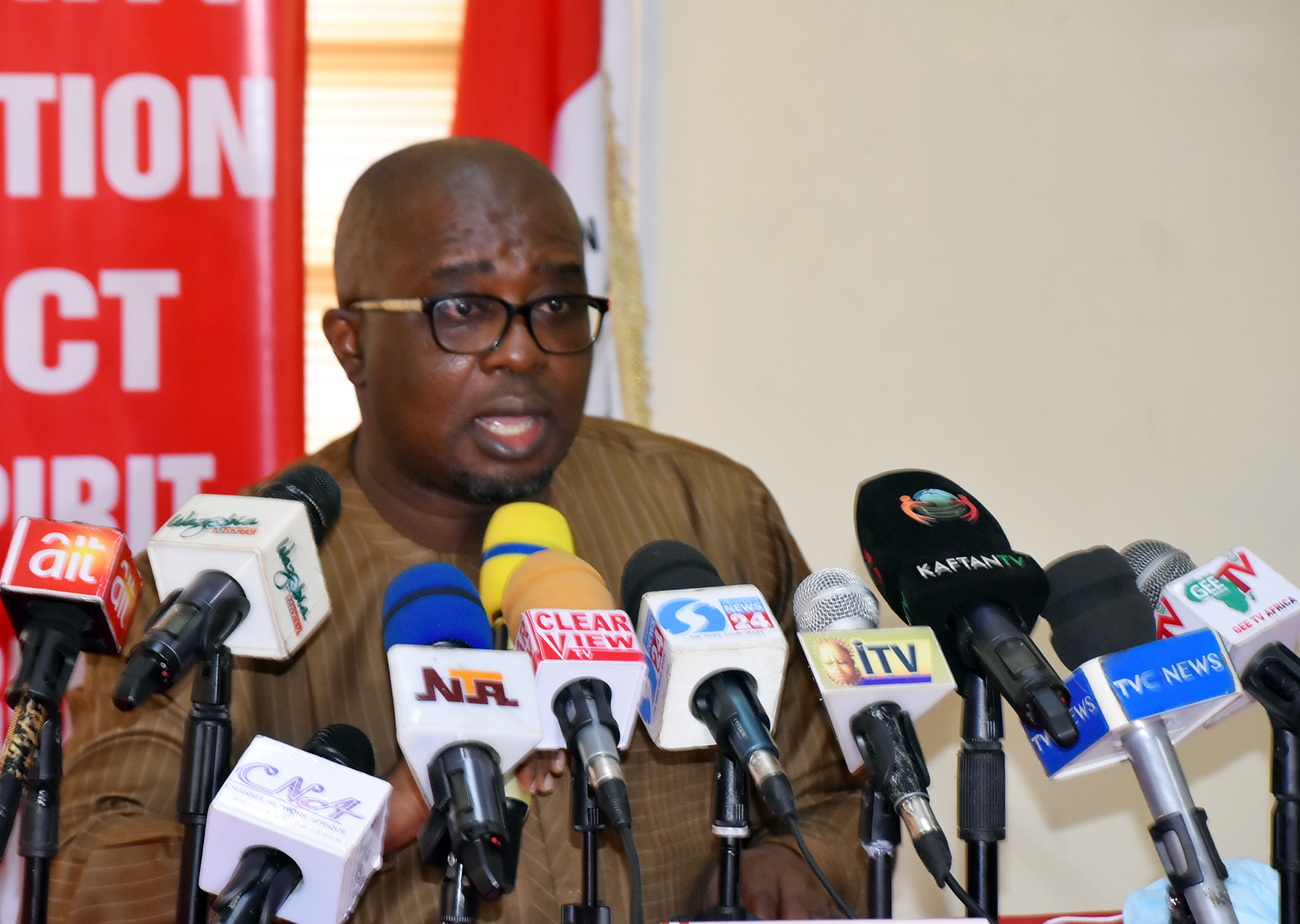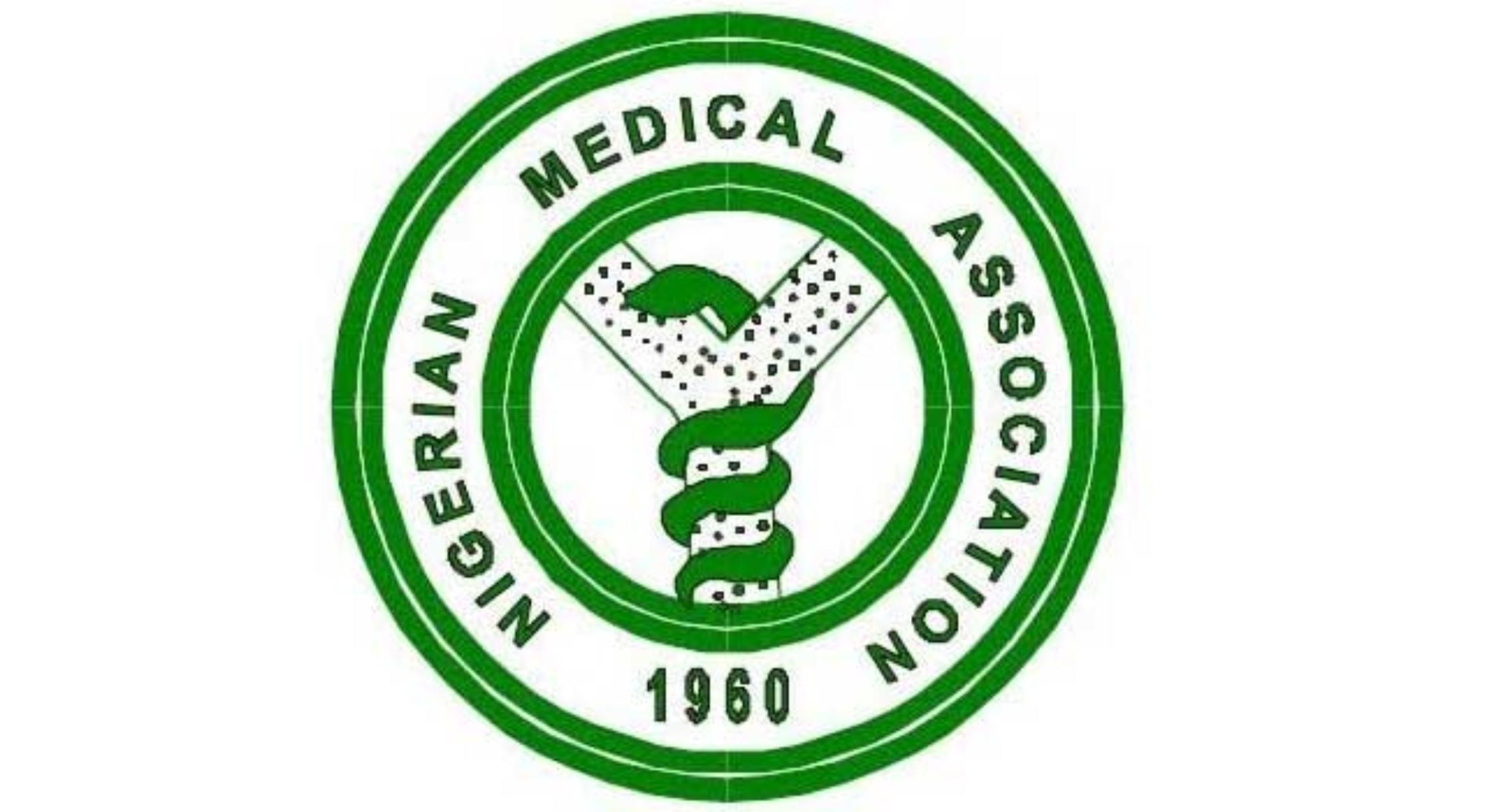Business
Stakeholders, FG Sign MoU To Adapt Circular Economy In Plastic Mgt

The Federal Government has signed an agreement with the Japanese Government and UNID to integrate circular economy into plastic waste management.
Specifically, the agreement is aimed at promoting the integration of circular economy principles and practices into plastic waste management, strengthen plastic value chains, and demonstrate the benefits of adopting circular economy practices and resource-efficient production of plastic value chains in Nigeria.
Minister of State for Environment, Chief Sharon Ikeazor, who represented the Federal Government, noted that Nigeria, with a population of over 200 million people, generates about 32 million tons of solid waste per year.
According to her, “1.15 million tons of plastic wastes, with little or no segregation, was illegally dumped in open spaces including drainages, or disposed of with hazardous wastes such as health care wastes in dumpsites and burnt openly with an estimated 340 thousand tons ending up as marine litter.
“These unwholesome practices have been linked to the perennial flooding across the country, increased respiratory and cardiovascular diseases, increased incidences of cancer, loss of aquatic life, loss in agricultural productivity, etc.
“The large volume of plastic waste being generated in the country presents circular economic business opportunities across the plastic value chain which should be properly harnessed for job/wealth creation, establishment of micro, small and medium scale enterprises, private sector investment, including foreign direct investment, in addition to preventing/reducing plastic leakages to the environment”, the Minister stated
She continued that one of the ways to realise this potential is to “support the industry by demonstrating benefits of adopting circular economy practices with innovative technologies, including recycling technology or alternative material production.
“This project would, therefore, complement the efforts of our government in mainstreaming circular economy principles and practices into our National Development Plans”, she said.
In his presentation titled “Promoting Sustainable Plastic Value Chain through Circular Economy Practices in Nigeria”, Environment Expert, UNIDO Regional Office, Oluyomi Banjo noted that plastic litter is a major global environmental problem whose production has increased exponentially.
According to him, plastics originated mostly from land but also released into the marine environment when improperly managed can travel thousands of miles and affects the ecosystem and blue economy.
“When mismanaged, plastics are source of GHG emissions, while open burning of plastics emits toxic chemicals”, he said.
The project, which has a duration of 36 months (2022-2025), is estimated to cost JPY 319,000,000 approximately USD 2,901,527.
The Federal Ministry of Environment are the main counterparts, while key partners are the Federal Ministry of Industry, Trade and Investment; National Environmental Standards, Regulations and Enforcement Agency; Abuja Environmental Protection Board (AEPB); Lagos State Waste Management Authority (LAWMA); Lagos State Environmental Protection Agency (LASEPA) in cooperation with Manufacturers Association of Nigeria (MAN), Food and Beverage Recycling Alliance, and Waste Management Association of (WAMASON).
In his remarks, the Ambassador of Japan to Nigeria, Matsunaga Kazuyoshi, noted that the project will enhance the Value of the Gulf of Guinea, Development of the Blue Economy and Prosperity of Nigeria
In a Goodwill address, UNIDO Representative and Regional Director, Nigeria Office, Mr Jean Bakole said the Organization will support the country and partners in translating the agreement into boosting industrial development.
Business
Eazipay Offers Zero-Interest Loans To 150,000 SMEs, Employees

With a mission to ignite growth, encourage business continuity and help businesses and employees thrive, Eazipay is gearing up to propel the dreams of 150,000 SMEs and employees to new heights through her relief fund.
Gone are the days of financial constraints and stifled dreams. With Eazipay’s support, SMEs and employees alike can bid farewell to limitations and embrace a world of endless possibilities.
Whether it’s start up, business expansion or personal development, Eazipay is here to make dreams come true.
The mind-blowing initiative, which kicked off this month, would end in December, and will also offer a range of perks and benefits designed to put a smile on the faces of SMEs and employees alike.
From exclusive discounts to various advisory services and beyond, Eazipay is committed to spreading happiness and creating lasting impact in people’s lives and to the growth of businesses.
The technology company which offers products and services that range from payroll management to IT/Device management and assessments, “Eazipay isn’t just providing financial support but also unleashing a wave of growth and prosperity for SMEs and employees across the nation.
“Interested businesses and individuals can take part in this initiative directly from the Eazipay website: www.myeazipay.com”.
Business
SMEs Critical For Sustainable Dev – Commissioner

The Commissioner of Finance, Lagos State, Abayomi Oluyomi, has described Small and medium Enterprises (SMEs) as a critical engine for sustainable development in any economy.
He said this recently at the 10th anniversary of the Alert Group Microfinance Bank and the opening of their new head office in Lagos.
According to the National Bureau of Statistics, SMEs accounted for about 50 per cent of Nigeria’s gross.
He commended the positive impact of the Alert MFB as it empowers SMEs in the State.
“Alert MFB in the past 10 years has been at the forefront of empowering SMEs in Lagos State, disbursing over N30bn in loans to over 30,000 individuals having small to medium businesses over that period, which is quite remarkable”, he said.
Speaking, the Group Managing Director of Alert Group, Dr Kazeem Olanrewaju, revealed that the financial institution commenced business in 2013 as a microfinance bank.
“We started this journey in 2013 and it has been expanding. Today, they have about 10 branches across Lagos. They have supported well over 30,000 clients and have disbursed over N30bn.
“The company has been profitable since the second year. Looking at the market and the available opportunity, the Alert MFB board decided to come together to establish a Microfinance Institute (MFI), which is the Auto Bucks Lenders”, Dr. Olanrewaju said.
The GMD further stated that the company was focused more on supporting businesses and small and medium enterprises.
“The loan to support business represents over 98 per cent. The consumer loans you will see are the ones given to entrepreneurs. So, the area of focus of Alert MFB and Auto Bucks Lenders is to support businesses across the country.
“With the establishment of Auto Bucks Lenders, we have the opportunity to also do business outside Lagos. So, presently, we have offices in Ogun State and Oyo State. We intend to go to every part of Nigeria to support what we are doing”, he declared.
Business
Retailers Explain Price Drop In Cement Cost

The cement market, in the last couple of weeks, has seen a significant turnaround with prices tumbling from between N10,000 and N15,000 per 50kg bag to between N7,000 and N8,000.
The sudden rise in the prices of cement and other major building materials in February this year upsets the construction industry, especially in real estate, where many developers were forced to abandon building sites.
A recent market survey conducted by The Tide’s source in different locations across the country confirmed a price drop, ranging between N7,000 and N7,500 per bag, though BUA cement is selling for N7,500 to N7,800 per 50kg bag, depending on location.
Both entrepreneurs and major distributors who were interviewed, explained that the price drop is due to low demand and government’s intervention.
At the peak of the price hike, the Federal Government called a meeting with major producers where it was agreed that a bag of cement should be between for N7,000 to N8,000, depending on location.
But the producers did not comply with this agreement immediately, followin which “Nigerians stopped demanding for cement; many project sites were abandoned as developers sat back and waited for the prices to come down.
“So, what has happened is an inter-play of demand and supply with price responding, which is Economics at work”, Collins Okpala, a cement dealer, told the source in Abuja.
In the Nyanya area of the Federal Capital Territory, a 50-kg bag of Dangote cement now sells for between N7,000 and N7,500, while BUA cement sells for between N8,500 and N9,500, down from between N11,000 and N12,000 respectively.
In Lagos, the product has seen significant price drop too. In Ojo area of the state, Sebastin Ovie, a dealer, told our reporter that what has happened is a crash from the January price, attributing the crash to low demand and stronger naira.
“The current price of the product is between N7,000 and N7,500 per 50kg bag, depending on the brand. This is a significant drop from the average of N12,000 which most dealers were selling in February and March”, he said.
A dealer in Agege area of the state who identified himself as Taofik Olateju, told the source that sales are picking up due to the drop in price.
He recalled that Nigerians at a point stopped buying due to the high price of the product at N15,000 per bag.
“I am sure most dealers ran at a loss then because we had mainly old stocks which we wanted to offload quickly”, he said, confirming that the product sells for between N7,500 and N8,000, depending on the brand and the demand for the brand.
Continuing, Olateju noted that “because the naira is now doing well against the dollar, it will be unreasonable for manufacturers to continue to sell the product at the old prices. I also believe that the federal government’s intervention and the threat to license more importers may have worked, leading to the reduction in price”.
In Enugu, the source reports that the product sells for between N7,200 and N7,500 depending on the brand and location.
“This is a city where the price of a 50kg bag went for as high as N12,000 and N13,000 in some cases in February and March”, Samuel Chikwendu said.
He added that the prices of other building materials, especially iron rods, have also dropped considerably which is why, he said, activities are picking up again at construction sites.
The story is slightly different in Owerri, the capital of Imo State, where Innocent Okonkwo told the source that low demand was also driving the price drop, adding that a 50kg bag was selling for N9,000 on the average in the state.
Sundry market observers are optimistic of further price reductions, but they remain cautious as manufacturers, wholesalers, and retailers continue to play critical roles in setting prices for end-users.
They lamented, however, that despite Nigeria’s status as one of the largest producers of cement in Africa, the price of the product continues to rise, particularly in the face of high inflation impacting the building materials market generally.
Okpala in Abuja highlighted the variations arising from direct sourcing from manufacturers versus procurement through dealers, with traders holding old stocks selling products at prices ranging from N8,500, N8,300 to N8,000 per bag.
Lucy Nwachukwu, another dealer in Abuja, said the significance of procurement volume in determining cement costs, noting that stability in prices has been observed over the past month, with the product retailing for between N7,000 and N7,800 depending on the brand.
In Port Harcourt also, a customer, Daniel Etteobong Effiong, said the price goes between N7500 to N8500, depending on the brand and the location one is buying from.
-

 Business5 days ago
Business5 days agoPaper Industry’s Economic Contribution Hits N398bn
-

 News5 days ago
News5 days agoPolice Attribute Societal Decay To Parents’ Too Much Love For Children
-

 News21 hours ago
News21 hours agoCourt Vacates Arrest Warrant Against Ehie, Five Others
-
Nation19 hours ago
Monarch Hails Fubara Over Road Project
-

 Sports5 days ago
Sports5 days agoTennis: Abuja Set To Host Davis Cup
-

 Niger Delta5 days ago
Niger Delta5 days agoHYPREP’s Livelihood Training: Dana Air Employs Three Ogoni Youths
-

 Niger Delta20 hours ago
Niger Delta20 hours agoRSG Seals Two Hospitals In Bonny …Set To Inaugurate Anti-Quackery Committee
-
Entertainment19 hours ago
Davido Narrates How His Song Became President’s Ringtone

